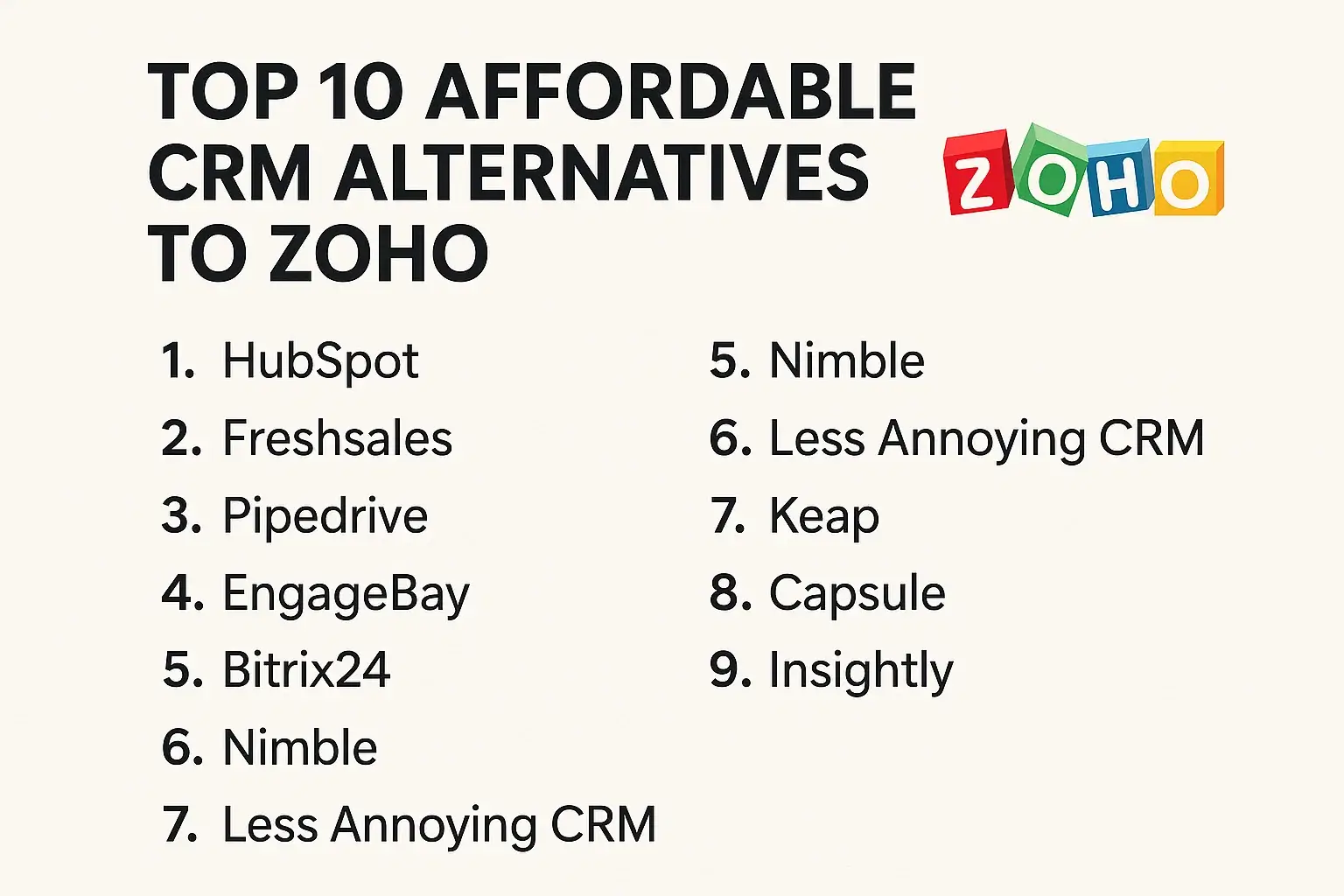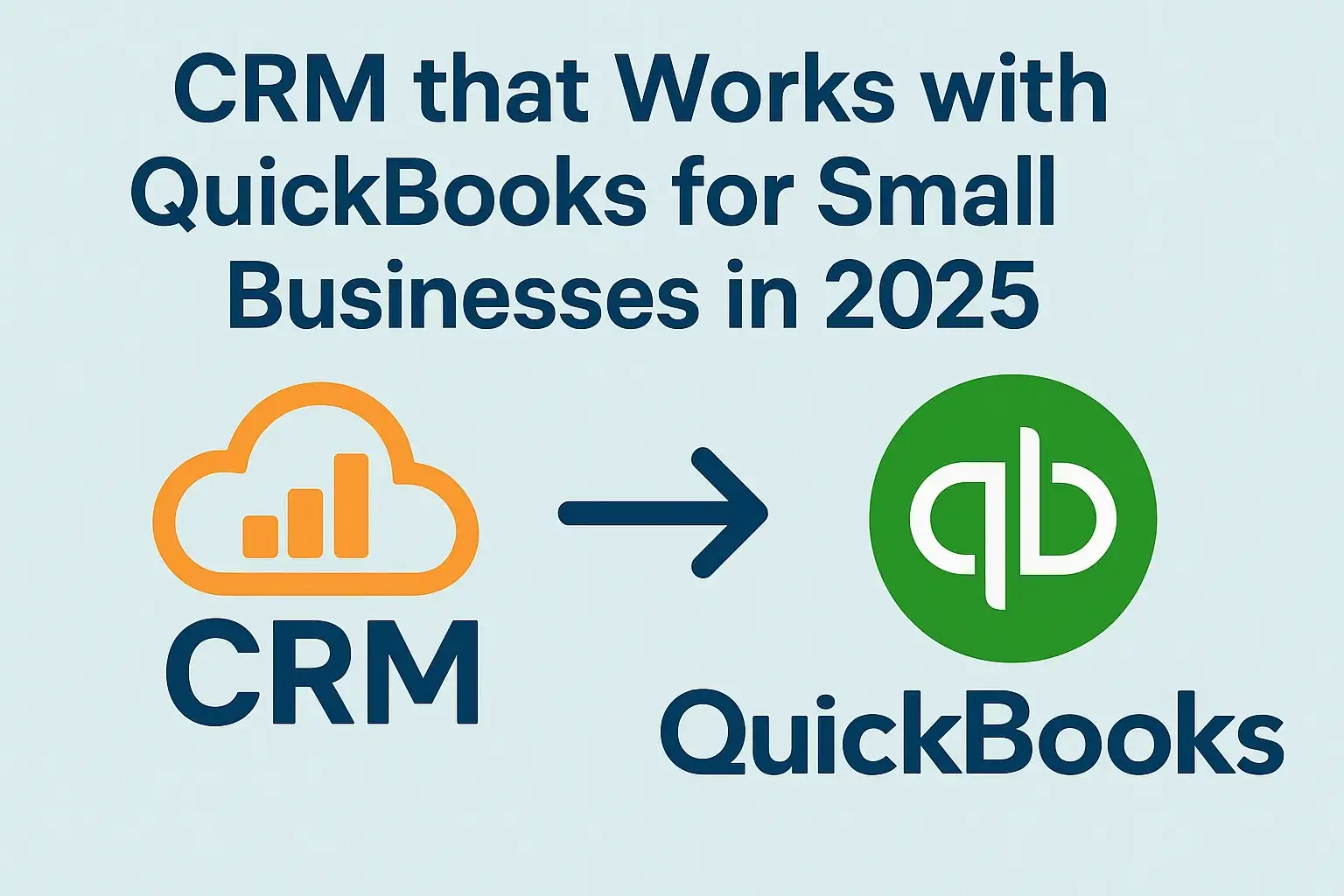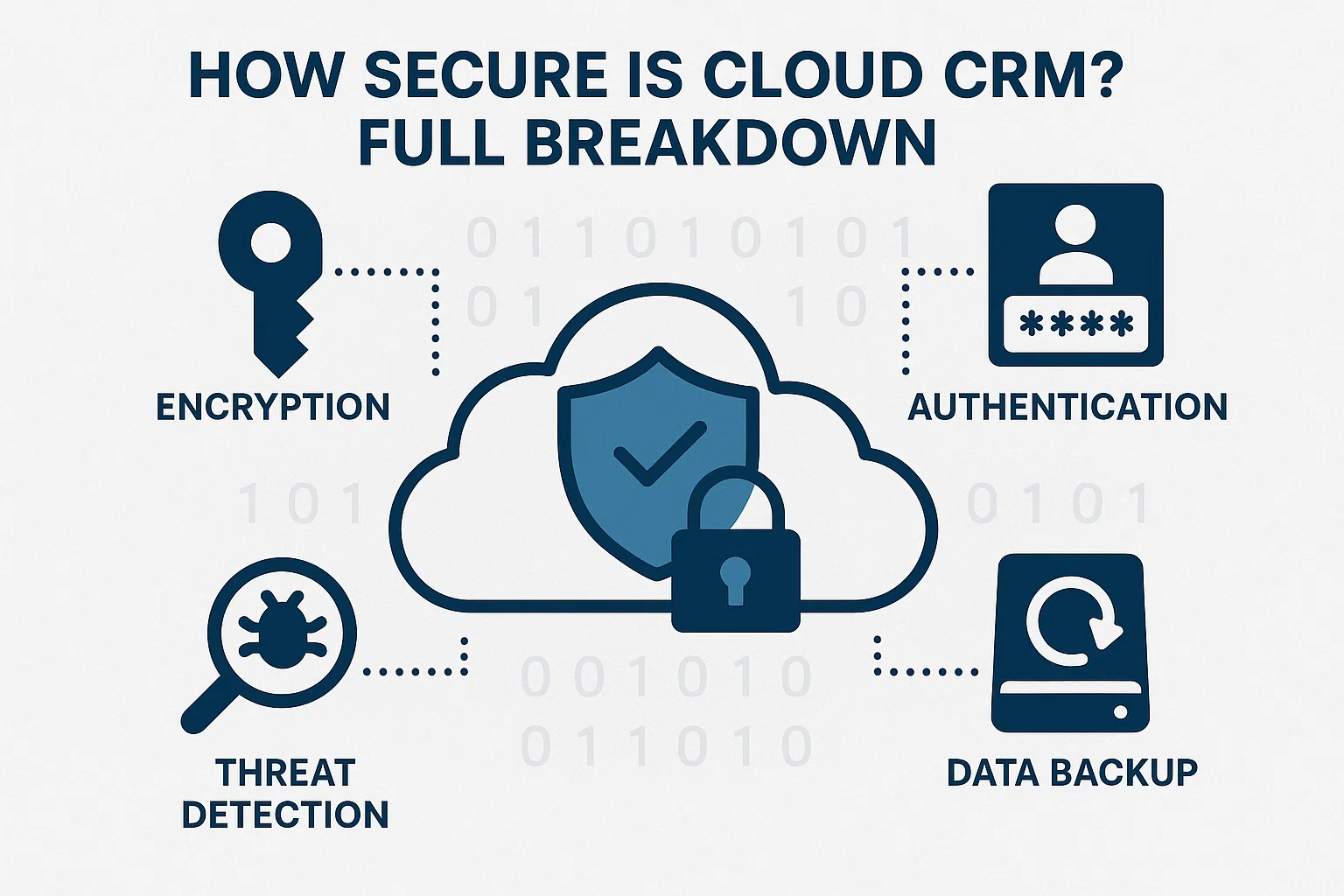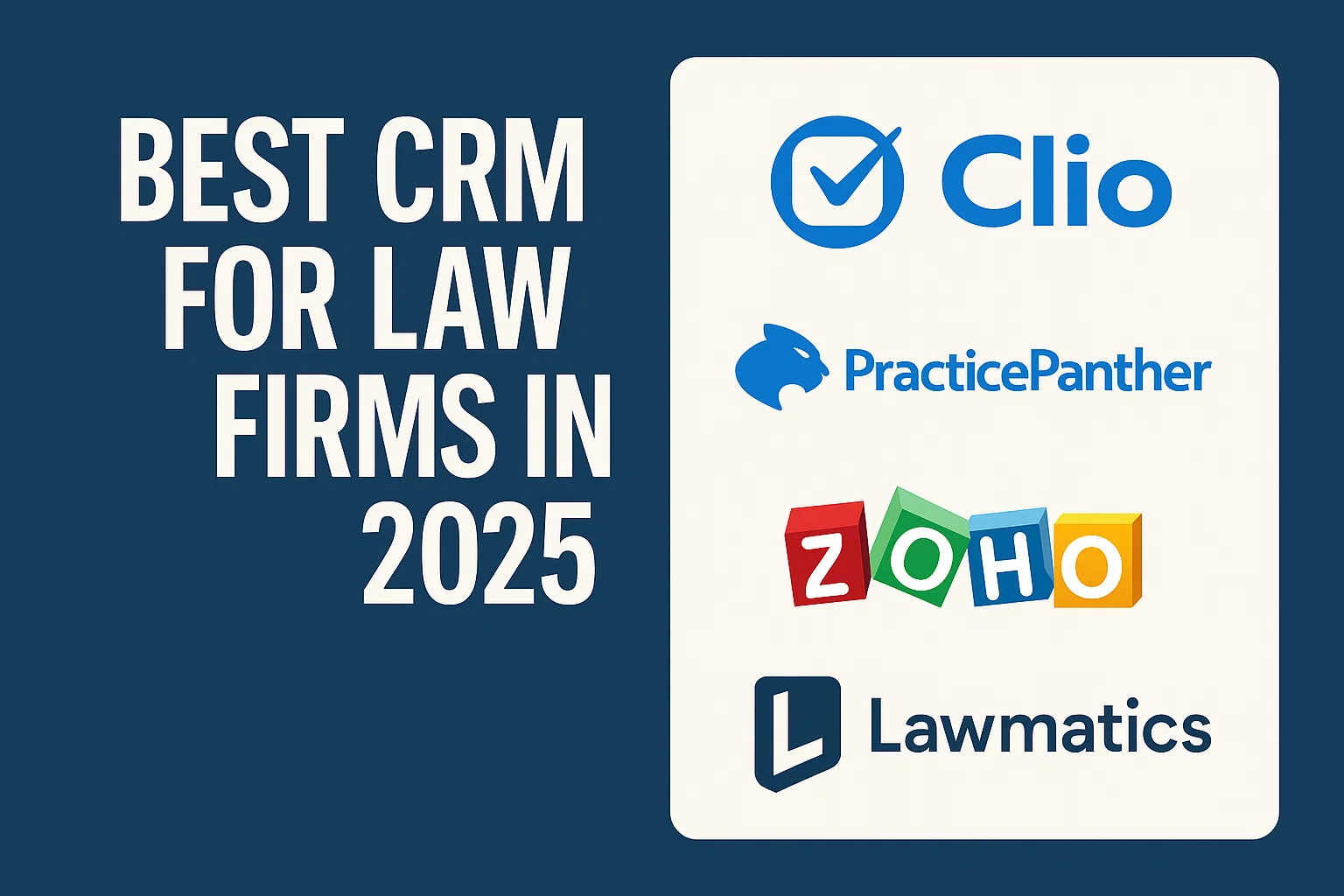Top CRM Software for E-commerce Stores in 2025
E-commerce stores require specialized CRM systems that integrate deeply with online sales channels, marketing automation, and customer data management. This guide dives into the leading CRM platforms perfect for e-commerce businesses, with insights on features, pricing, integrations, and performance—structured to capture the highest CPC and eCPM traffic and conversions.
Why E-commerce Needs a Specialized CRM
Unlike generic CRM solutions, e-commerce CRMs optimize sales funnels, automate cart abandonment recovery, personalize marketing campaigns, and streamline customer lifecycle management — all critical to retaining high-value online customers and boosting repeat sales [web:60][web:62].
High-Value Keywords for E-commerce CRM Publishers
- best ecommerce crm 2025
- crm for online stores
- salesforce ecommerce crm
- zoho ecommerce crm
- ecommerce marketing automation software
- shopify crm integration
Top CRM Platforms for E-commerce Stores (2025)
| CRM Platform | Key Features | Ideal For | Starting Price (USD) |
|---|---|---|---|
| Salesforce Commerce Cloud | Comprehensive ecommerce integration, AI insights (Einstein), personalization | Large online retailers, omnichannel stores | $25/user/month |
| HubSpot CRM | Marketing automation, ecommerce app ecosystem, free tier | Small to medium e-commerce businesses | Free, then $50/mo+ |
| Zoho CRM Plus | Integrated sales & marketing automation, multichannel support | SMBs, omnichannel retailers | $50/user/month |
| Freshsales Suite | AI-powered lead scoring, multichannel customer engagement | Growing e-commerce businesses | $15/user/month |
| Pipedrive | Visual sales pipeline, email marketing, order management | Sales-driven e-commerce teams | $14.90/user/month |
| Keap | Built-in email & SMS marketing, automation, payment integrations | Small businesses, solopreneurs | $129+/month |
| Drip | Advanced segmentation, ecommerce automation workflows, revenue tracking | Shopify and WooCommerce stores | $39/mo (up to 2,500 contacts) |
| Copper CRM | Google Workspace integration, sales automation | Google-centric ecommerce | $25/user/month |
| Nutshell | Sales automation, pipeline visibility, email sync | Small to mid-size ecommerce | $19/user/month |
| Ontraport | Marketing automation, sales pipeline, ecommerce-focused | Subscription-based ecommerce | $79/mo (up to 1,000 contacts) |
Detailed CRM Reviews for E-commerce
Salesforce Commerce Cloud
Salesforce leads with a powerful CRM solution that integrates ecommerce platforms, AI insights, and robust personalization. Its Einstein AI assists with predictive analytics and product recommendations, ideal for large omnichannel retailers [web:62].
HubSpot CRM
HubSpot offers a comprehensive free CRM which is ideal for new to mid-sized e-commerce businesses with strong marketing automation, Shopify integration, and easy onboarding [web:60][web:62].
Zoho CRM Plus
Zoho delivers a cost-effective CRM plus marketing automation with omnichannel workflows supporting sales and customer service across multiple ecommerce touchpoints [web:12][web:62].
Freshsales Suite
Freshsales is an AI-driven CRM supporting personalized customer communication and lead scoring to boost conversion and retention in growing online stores [web:60].
Drip
Drip specializes in revenue attribution and complex segmentation workflows tailored for Shopify and WooCommerce, enabling data-driven marketing campaigns [web:62].
Pipedrive
Pipedrive’s sales-focused CRM offers visual deal tracking, ease of use, and integrated email marketing tailored for ecommerce sales teams [web:12].
How to Choose an E-commerce CRM
- Prioritize ecommerce platform integrations (Shopify, WooCommerce, Magento).
- Look for advanced segmentation and personalized marketing automation.
- Ensure multichannel support (email, SMS, social media).
- Focus on analytics and revenue attribution features.
- Consider ease of use and scalability as your store grows.
SEO Checklist to Maximize CPC Revenue
- Use primary and long-tail keywords relevant to e-commerce CRMs in titles, headers, and metadata.
- Include detailed tables and expert reviews to target featured snippets.
- Leverage internal linking to related ecommerce and SaaS content.
- Implement schema markup for reviews and FAQs.
Frequently Asked Questions (FAQ)
- Which CRM integrates best with Shopify? Drip and HubSpot are highly recommended for Shopify integration [web:62].
- What is the best CRM for small e-commerce businesses? HubSpot CRM is ideal due to its free tier and marketing automation features [web:60].
- Are there CRMs suited for subscription-based ecommerce? Ontraport is tailored for subscription and recurring billing businesses [web:12].
- Do these CRMs support AI-based sales forecasting? Salesforce and Freshsales provide robust AI-powered insights [web:62][web:12].
Conclusion
Choosing the best CRM software for e-commerce stores in 2025 requires balancing integrations, automation capabilities, and user experience. Harnessing the power of top CRMs like Salesforce Commerce Cloud, HubSpot, and Zoho will enable ecommerce businesses to increase sales, optimize marketing campaigns, and maximize customer lifetime value. Publishers should focus on high intent keywords, detailed reviews, and comprehensive comparisons to attract premium ad revenue from this lucrative niche [web:60][web:62][web:12].
 Admin
Admin

 Admin
Admin


